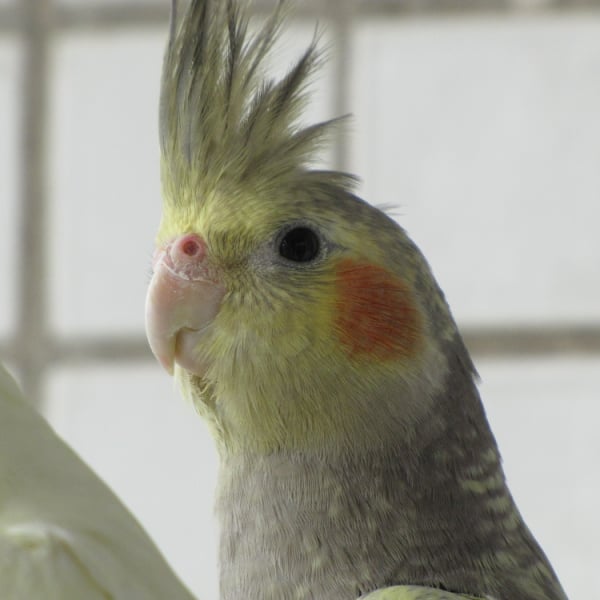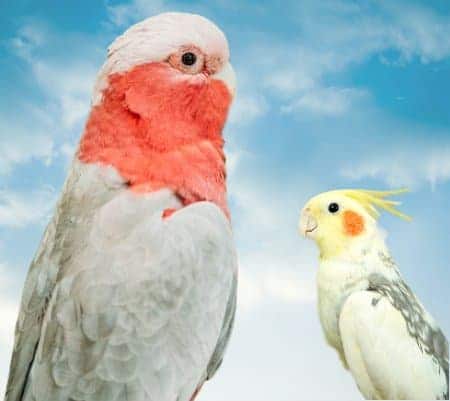In this post we have grouped together information requests specifically about cockatoo parrots.
For a more granular discussion about some of the many species of cockatoo parrots – click here
This post about cockatoos (we found 44 cockatoo species listed at the bottom of this post) and serves as a counterpoint to the 43 species of macaw parrots we discussed last week.
We found a mere 12 cockatiel mutations.
At what age will a cockatoo stop laying eggs?
Name: Margaret G, Filled out from page: Egg Laying cockatoo
Colorado (United States)
(when you reach out to us using the green button at the bottom of this site, the button knows what page you are on to help us better understand your query)
Margaret
Unfortunately, if a birds egg laying goes uninterrupted, that bird will die.
(more…)










